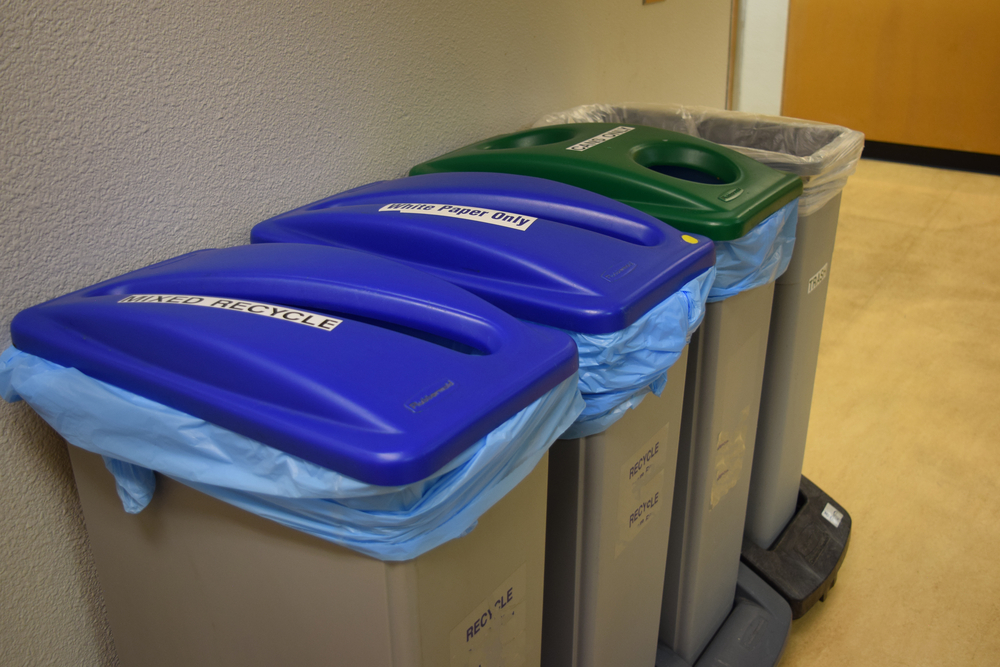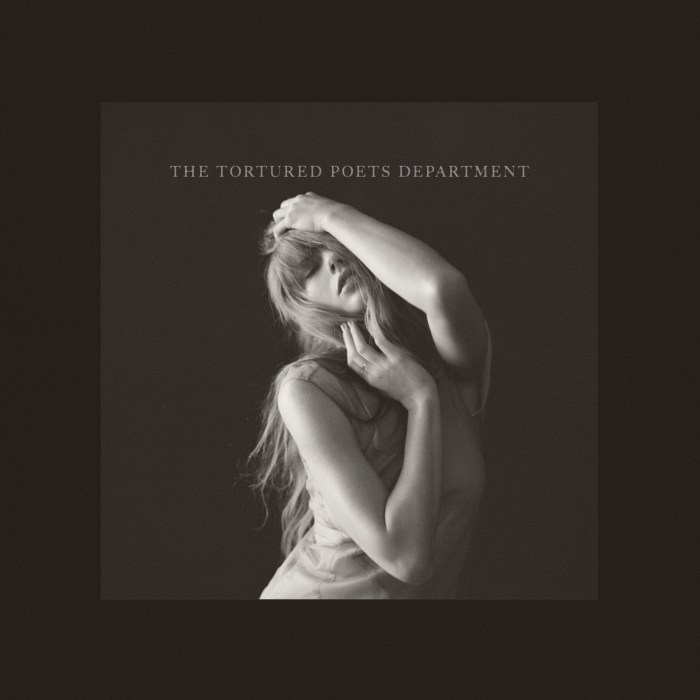Starting Tuesday, Aug. 1, businesses and commercial property owners across Queens will be required to recycle their trash a little differently unless they want to pay a fine, thanks to a rule that was signed into law back in February 2016.
These new business recycling rules aren’t all that new, however, as the rules went into effect on Aug. 1, 2016, but the penalties will start being enforced this year.
Businesses and owners of commercial properties will now be required to separate their paper waste from metal and plastic trash, rather than lumping them all together in the same clear bag. They will have to work with their private carter to figure out a plan on how the waste will be collected.
There are now three ways businesses and commercial landlords can dispose of their trash: source-separated, co-collected, or single-stream. Penalties for not adhering to these new requirements will be a $100 fine for the first offense, $200 for the second time, and $400 for the third and additional offenses.
With the source-separated method, staff or customers place their garbage in the appropriately labeled bins (paper, plastic, or trash); then staff manages the three waste streams, putting out a clear bag of plastics separately from a clear bag or bundle of paper/cardboard, with garbage set out separately as well; finally three different trucks pick up the three different types of waste.
Through the single-stream method, staff and customers place all recycling into one bin, and garbage in another; all recyclable materials are collected separately from regular trash; and two trucks pick up the garbage. However, businesses using this method must post a sign indicating that they are using the single-stream method and their carter is authorized to collect single-stream recycling.
The third method, the co-collected, comes with a caveat. Only with proper documentation can a carter be permitted to co-collect source-separated materials in one truck. In this case, businesses must post signage indicating that the co-collection method is being used, with the name of their authorized carter.
Although these rules might seem like a problem for business owners, one Glendale-based carting company is willing to work with businesses to help streamline the process.
“These recycling rules may appear to be a burden to businesses,” said Tom Toscano, CFO of Mr. T Carting. “At Mr. T Carting, our goal is to make compliance as easy as possible for our customers. We encourage all business owners to join these efforts to enhance recycling, which will benefit all New Yorkers.”
There are, however, certain additional rules for specific types of businesses.
If more 10 percent of a business’ waste is textile materials in any given month, then they are required to separate all textile waste including fabric scraps, clothing, belts, bags and shoes. Same goes for businesses with more than 10 percent of their waste being yard or plant waste. They will be required to separate and recycle grass clippings, garden debris, leaves and branches.
Businesses with a lot of food waste will be required to separate organic waste for beneficial use.
For more information on these laws call 311 or visit on.nyc.gov/business-recycling.


































